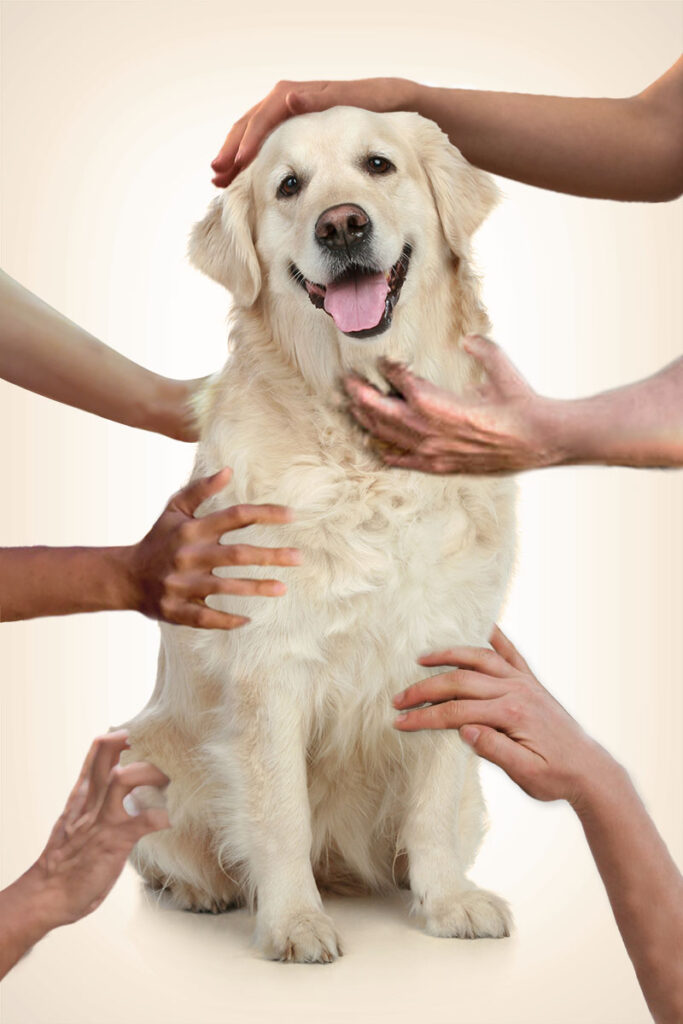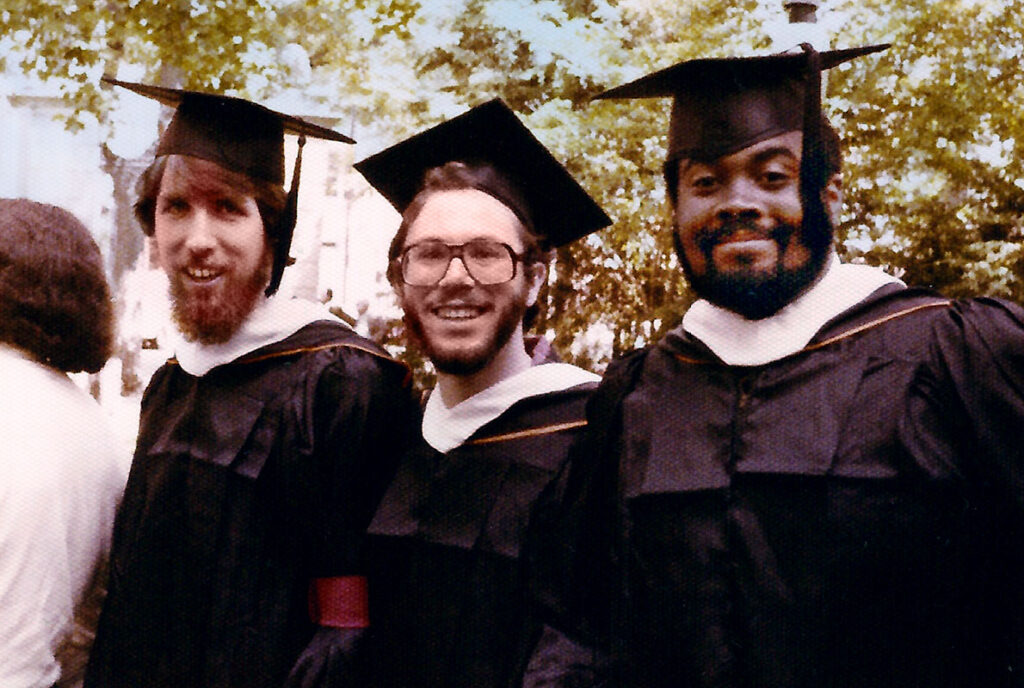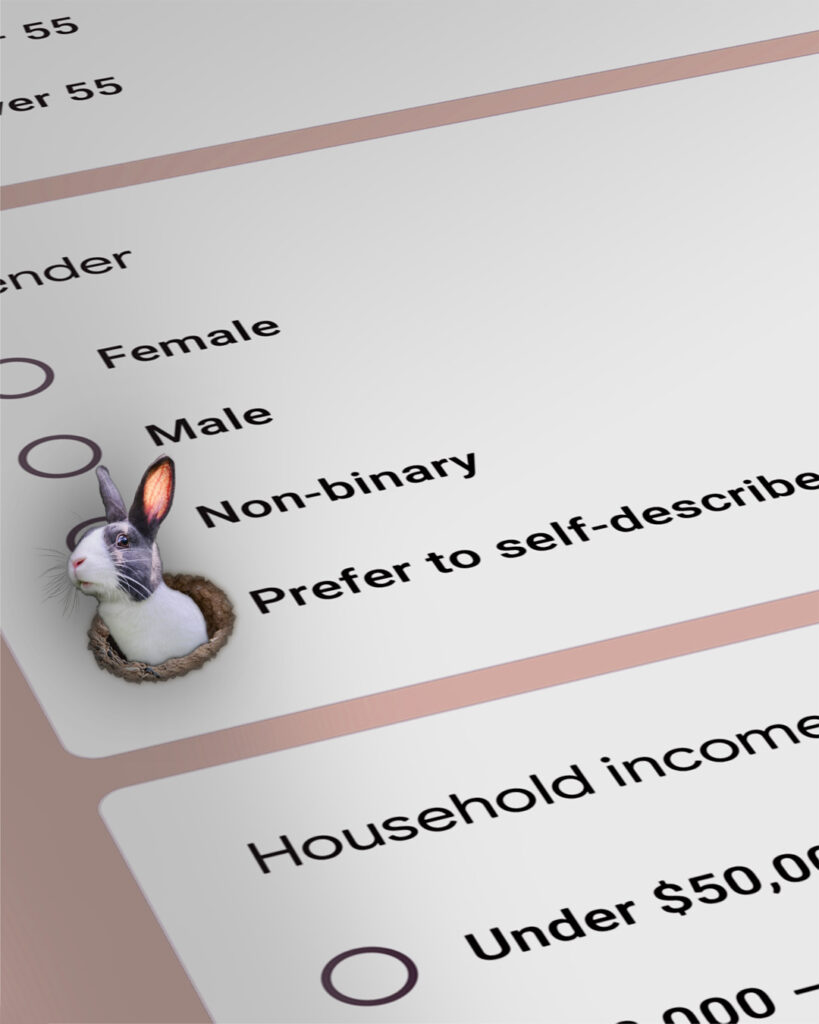There’s no better place to hold a concert, in these twilight days of COVID, than a barn. This particular barn was spacious, high-ceilinged, and well ventilated, with fragrant bales of hay serving as benches and planks on sawhorses passing as tables. Most of the men wore flannel shirts, bushy beards, and ponytails; the women wore western-style hats and boots. Although this was in San Gregorio, only about 60 miles from Oakland, I was apparently the only city dweller there, feeling a bit out of place in my crewneck sweater and striped dress shirt.
I was there because two of my favorite touring musicians, Nathan Rivera and Jessie Andra Smith — who perform together as Nathan & Jessie — were among the acts on the bill. We know each other from the times they’ve performed in my living room as part of my long-running house concert series, but they — along with my house concerts and live music in general — had been idle for the past year and a half, and I really wanted to hear them play again.
What I didn’t expect was the greeting I got outside the barn, first from Nathan and later from Jessie. Each of them looked at me in wide-eyed surprise, and then — following one of those awkward, late-COVID-era hesitations in which one person, with arms flung open, has to pause and ask the other, “May I…?” — gave me a warm, tight hug.
Hugs! It had seemed for a while that hugs would never return, having been replaced by sorry fist-touches and elbow-bumps. I remember back before the lockdown began, when we were all learning the new rules, I said that I would never give up hugging — until that moment when I realized that it wasn’t just my decision, that it was something we all had to do to protect each other. I remember when, months later, my wife Debra and I came to an agreement with our friend Amy that the three of us would become a “pod,” the first thing each of us did was hug Amy — an experience that felt strange, oddly foreign, and enormously satisfying.
Even in ordinary times, there’s too little opportunity for physical contact among people. I’ve always been unusually sensitive to touch, to the extent that for every person whose hand I’ve ever grasped, I can remember exactly what their hand felt like. (“You must be some kind of savant,” Amy said, when I mentioned this to her.) I get more of a sense of connection from one moment of contact than I do from hours of conversation. And yet, conversation is pretty much the only avenue our society offers toward bonding with most of the people around us.
During the concert in the barn, a trio of very happy dogs kept darting in and out, unable to decide whether they preferred romping in the field or socializing with us humans. One dog in particular, whenever she came inside, would make the rounds of the hay-bale benches, delightedly accepting strokes and pets from one audience member and then eagerly moving on to the next. Another dog sat contentedly among the standees in the back, waiting for people to come to him and scratch under his chin.
I kept thinking, “What do these dogs know that the rest of us don’t?”
I was reminded of another dog that Debra and I met during a visit to a dairy farm — an old dog who had retired from her farm duties and hung out on the front porch, watching the action. When any of us would approach her, she would simply roll over and expose her belly, as if to say, “You know what to do!” As a retired person myself, I would love the opportunity to do whatever the human equivalent is of accepting joyfully offered belly rubs.
As it turned out, I didn’t get to hear much of Nathan and Jessie’s performance; they had been moved to the last spot on the bill, and I, having poor night vision and not being eager to navigate narrow, winding roads in the dark, needed to leave before sunset. But even though I didn’t get the music I was hoping for, I was very happy I’d come, because I’d gotten something equally valuable: a reminder of the immense pleasure contained in a spontaneous, simple, and heartfelt hug. May we all experience more of them!




Recent Comments